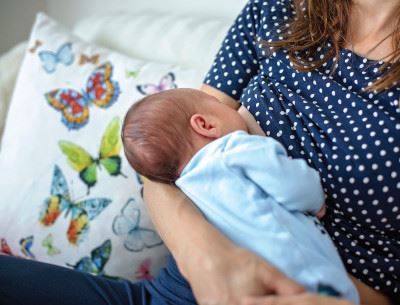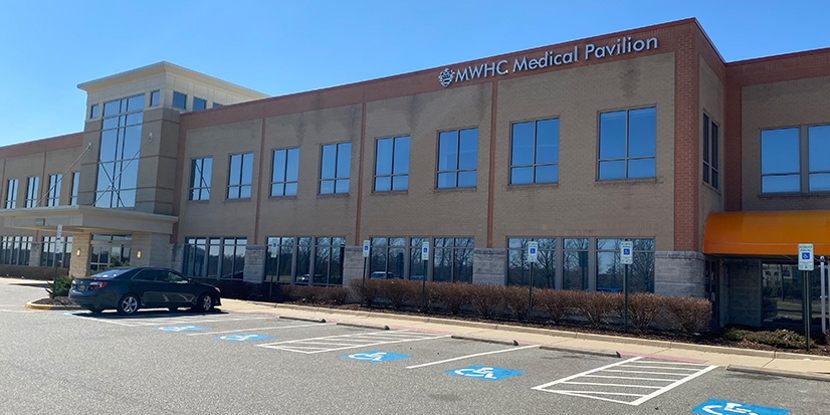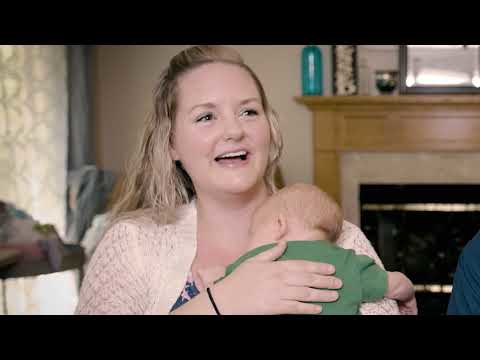
COVID-19 y el embarazo

COVID-19, Vaccines, Breastfeeding and Pregnancy

At Mary Washington Healthcare, we prioritize the well-being of our pregnant mothers and their babies. Here are some important things you need to know:
- The Centers for Disease Control and Prevention (CDC) put pregnant and recently pregnant women in the high-risk category for severe Covid-19 illness. It is important to stay up to date on vaccines during and after your pregnancy. The CDC, the American College of Obstetricians and Gynecologists (ACOG), and the Society for Maternal Fetal Medicine (SMFM) all suggest that pregnant women receive a COVID-19 vaccine and its booster. This is the safest decision for both you and your unborn child.
- The Centers for Disease Control and Prevention and the American College of Obstetricians and Gynecologists (ACOG) recommend you continue to breastfeed your baby if you are diagnosed with Covid-19. It is also recommended that all breastfeeding women be vaccinated and continue to breastfeed after receiving the vaccine.
Understand as much as you can about COVID-19 and the available vaccines through trusted resources.
- Centers for Disease Control and Prevention: https://www.cdc.gov/coronavirus/2019-nCoV/index.html
- The American College of Obstetricians and Gynecologists: https://www.acog.org/womens-health/faqs/coronavirus-covid-19-pregnancy-and-breastfeeding
- U.S. Food & Drug Administration: https://www.fda.gov/emergency-preparedness-and-response/coronavirus-disease-2019-covid-19/covid-19-vaccines
- Talk with your healthcare provider to evaluate your personal concerns and medical history.
For questions, contact our MWHC Health Link nurse line from 7:00 a.m.-midnight. You can reach them at 540.741.1000.

-

Fredericksburg, VA 22401
540.741.1100 More Information -

Fredericksburg, VA 22401
540.741.3260 More Information -

Fredericksburg, VA 22407
540.741.0460 More Information -

Fredericksburg, VA 22401
540.656.2830 More Information -

Fredericksburg, VA 22407
540.899.3440 More Information -

Stafford, VA 22554
540.741.9000 More Information
/
View All
-

-

-

-

-

-

-

-

-

-
Summertime Speech and Language Activities for Littles
Featured, Women & Children
by Stacie Fox, SLPD, CCC-SLP, CAS Mary Washington Pediatric Therapy It’s summertime—a perfect opportunity to focus ...
Continue Reading -
Pregnancy Related Pelvic Girdle Pain
Featured, Women & Children
by Elle Russell, MSOT, OTR/L, CYT, PCES Pelvic Floor Occupational Therapist In general, pregnancy related pelvic ...
Continue Reading -
Packing Your Hospital Go Bag
Women & Children
When it's time to prep your hospital bag, it means you've reached an exciting milestone! But many moms also feel ...
Continue Reading








.jpg)





